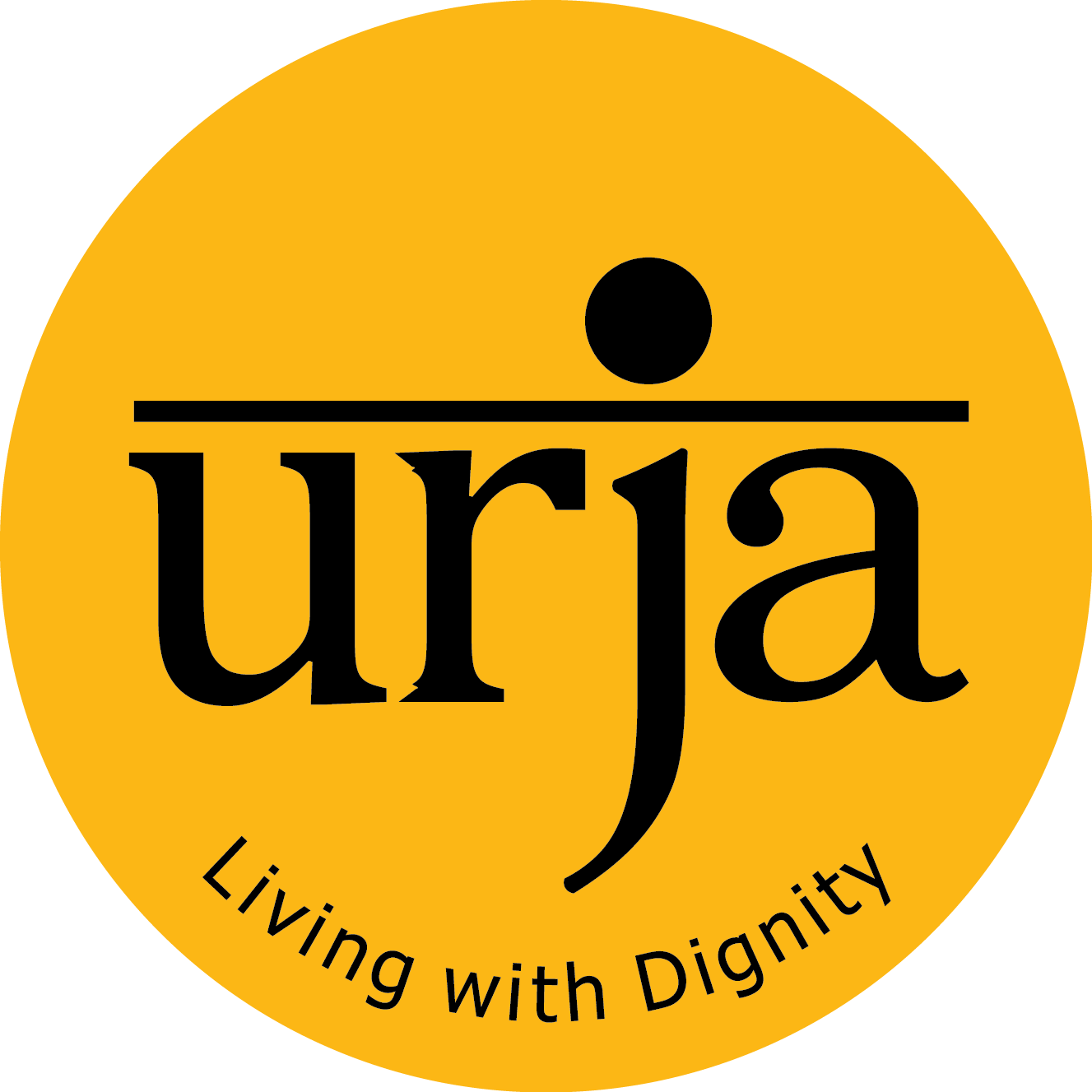OUR STORY
Society is very often oblivious to the plight of young homeless women who have no one to ask for help. Taking on the responsibility of such women and their children is considered as an added burden, and can be seen in the obvious lack of facilities and aid which is made available to them. Although in recent times the idea of child rights has garnered increased public attention, women’s rights have barely broken the surface. While trying to solve the problems related to homeless women, more often than not, some aspects are overlooked such as emphasis on gender without equal accountability given to the role played by caste; overshadowing mental health when discussing economic development, etc.
With an aim to bring in such intersectional perspectives around the issue, Deepali Vandana and Altaf Shaikh founded Urja Trust in 2011 and registered it under the Bombay Public Trust Act, 1950. The Trust believes that the aid, development and ultimate transformation of young homeless women entails not just economic sufficiency but also mental health stabilization.
In 2012, Urja opened its first center at Dadar, Mumbai. The small team worked together with an indomitable spirit to fight for the rights and rehabilitation of young women who find themselves homeless. In due course, the outreach programme was initiated whereby the team regularly surveyed railway stations to identity and approach vulnerable women. This allowed Urja to build a very strong network of stakeholders including police, railway officials and lawyers at these places.

VISION
Our Vision of a just, equitable and compassionate society where young women pursue their lives with freedom and dignity.
MISSION
Our Mission is to act as a catalyst for homeless young women by facilitating their journey to access fundamental needs, reclaim their identity by building an exemplary, replicable model that provides opportunities for their economic, psychological, emotional, civil and social development.
VALUES
URJA’s values and principles are aligned with the UN’s Sustainable Development Goals ensuring good health and wellbeing (Goal 3), Quality Education (Goal 4), Gender Equality (Goal 5), Decent work and economic growth (Goal 8), Reduced Inequality (Goal 10) and Peace and justice strong institutions (Goal 16).
